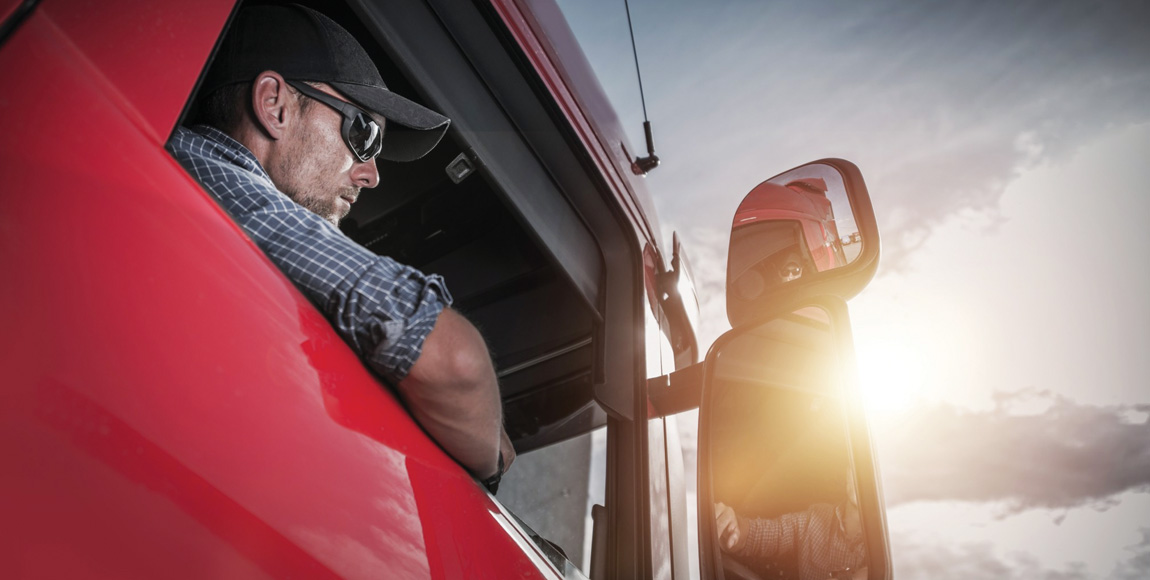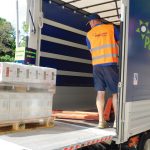Claiming from the Road Accident Fund

Hundreds more truck drivers die each year on South African roads than miners working in the country’s mines. Gareth Greathead takes a look at what measures are in place to ensure drivers and their families get the support they deserve following an accident, if they don’t come home, suffer a permanent impairment, or lose their ability to earn an income.
According to personal-injury specialist, RoadCover, the Road Accident Fund (RAF) is a public entity set up to provide compensation to injured people, or families of dependants killed in road accidents as a result of third-party negligence.
Attorney Corné van de Venter, a panel attorney for RoadCover, an Arrive Alive partner company, believes that the compensation provided to truck drivers by the RAF is normally adequate.
The Road Accident Fund
Recently, the RAF has been encouraging individuals to claim directly from the fund to avoid having to pay lawyer’s fees. Van de Venter says it is unlikely that someone would be able to submit an application and go through the components of the claims process without the assistance of a lawyer.
He explains: “While their intentions may be good enough, too many claims have received an unfavourable settlement for this approach to be beneficial to the claimant.
“Also, it is possible that the person was severely injured or died, making it impossible for them to submit their own claim. In this instance, it becomes the lawyer’s responsibility to negotiate a favourable settlement for the driver or their family in a timely manner.
“It can take up to two years or longer for a qualified person to finalise a claim. Even with a minor injury claim, a team of four to five lawyers may be required to compile the medico-legal (future medical costs) report required by the RAF and firms may charge 25 percent of the total settlement value.”
The RAF is a fault-based system. This means that the compensation awarded will depend on who is responsible for the accident.
Let’s say, at the end of proceedings driver one is judged to be 20 percent liable and driver two is seen to be 80 percent liable. If each driver has been awarded compensation to the value of R100 000, driver one will receive R80 000 and driver two will receive only R20 000. This is called apportionment of liability.
Van de Venter suggests that professional drivers take up membership with a personal-injury specialist, such as RoadCover. “Membership of the organisation costs between R29 and R95 per month and there are no additional charges when it comes time to log a claim with the RAF,” states Van de Venter.

Limitations and exclusions
When involved in an accident, everyone in South Africa has a right to emergency medical treatment. “Whether a person is taken to a private or public hospital depends on the emergency service that attends the scene of the accident, the severity of the injury and what hospitals are in the area.
“If a patient without medical aid is taken to a private hospital, he or she becomes responsible for the bill. They will have to carry this amount until a settlement has been reached with the RAF,” says Van de Venter.
“People don’t always have the money to outlay and it can take time for a settlement to be reached, so we assist by communicating the client’s circumstances to the hospital, supplier or creditor. After a ruling has been made, the victim is reimbursed or payment is made directly to the suppliers.
“If the driver was not wearing a seatbelt, no payment will be made. This is because there is usually a direct causal relationship between the driver not wearing a seatbelt and the injuries sustained,” he adds. “Passengers are, however, always covered, even if they were not wearing a seat belt.”
The Compensation for Occupational Injuries and Diseases (Coida) Bill provides cover for drivers found to be at fault. Proposals for a faultless RAF or Road Accident Benefit Scheme (RABS) have been put forward, but no agreement has been reached between shareholders.
Changes made to the RAF in 2008 mean that drivers and passengers cannot sue the transport operator for damages, even if a vehicle is not roadworthy. Also, the RAF does not cover working immigrants, or people without a South African identity document.
Independently insured
Transport operators are under no obligation to take out additional liability cover. At the same time, it would appear that there is no guarantee that those injured in road accidents will receive a favourable settlement from the RAF.
Paul Dangerfield, operations manager of Hollard Trucking, says: “The challenges that truck drivers face in South Africa include death and permanent disability which makes comprehensive cover a priority.
“I believe operators should take out group personal accident cover. If the operator does not provide this cover, then it is wise for professional truck drivers to take out the cover themselves.
“For the last five years, Regent Commercial Vehicles (now Hollard Trucking) has provided a R20 000 driver death benefit to the driver and their beneficiaries, as well as the fleet owner. Hollard Trucking also provides cover for hospitalisation, as well as income protection cover for drivers if they cannot work following an accident – all at no additional cost to the insured fleet owner.”
While the RAF does provide comprehensive cover for road users, claimants encounter problems in many instances. Foremost of these are the amount of time it takes to settle a claim and the possibility of financial stress during this period. Having protection in place to counter this shortcoming can only be a good thing.
Published by
Focus on Transport
focusmagsa




